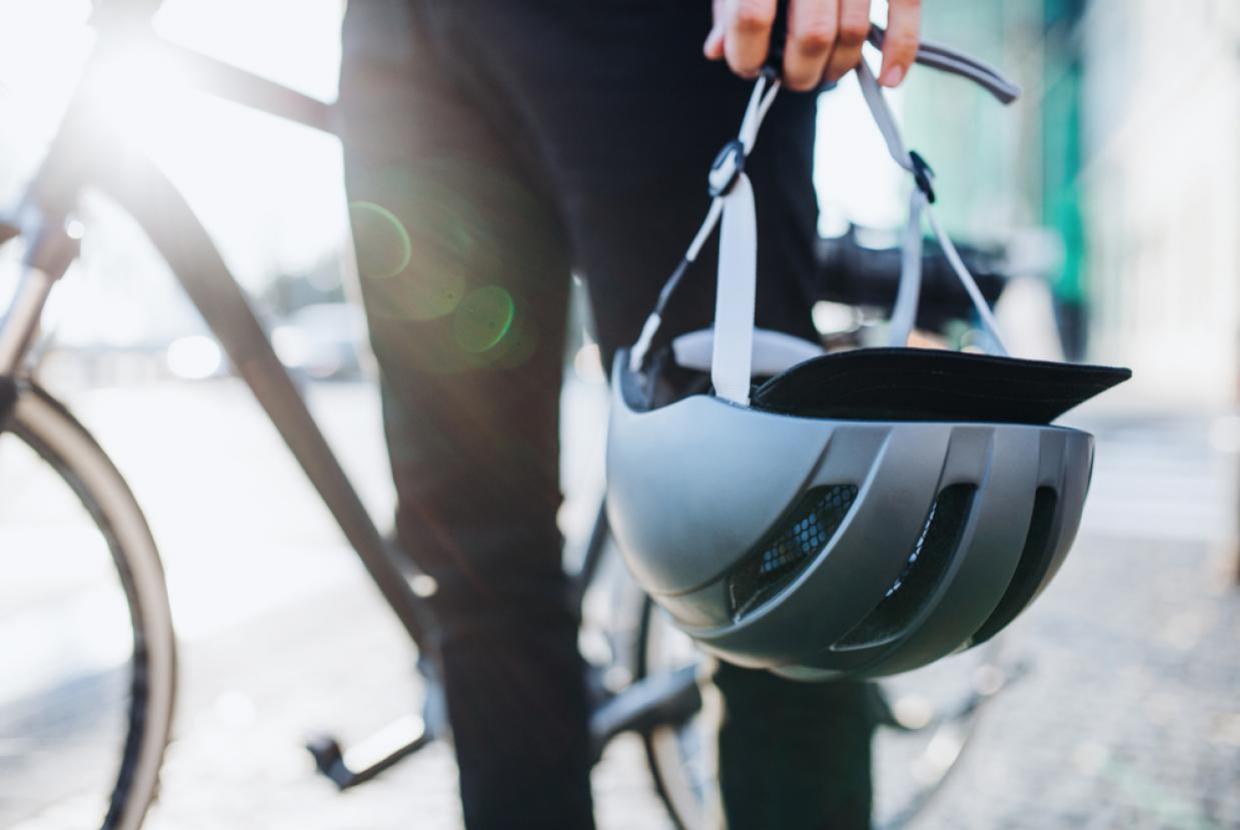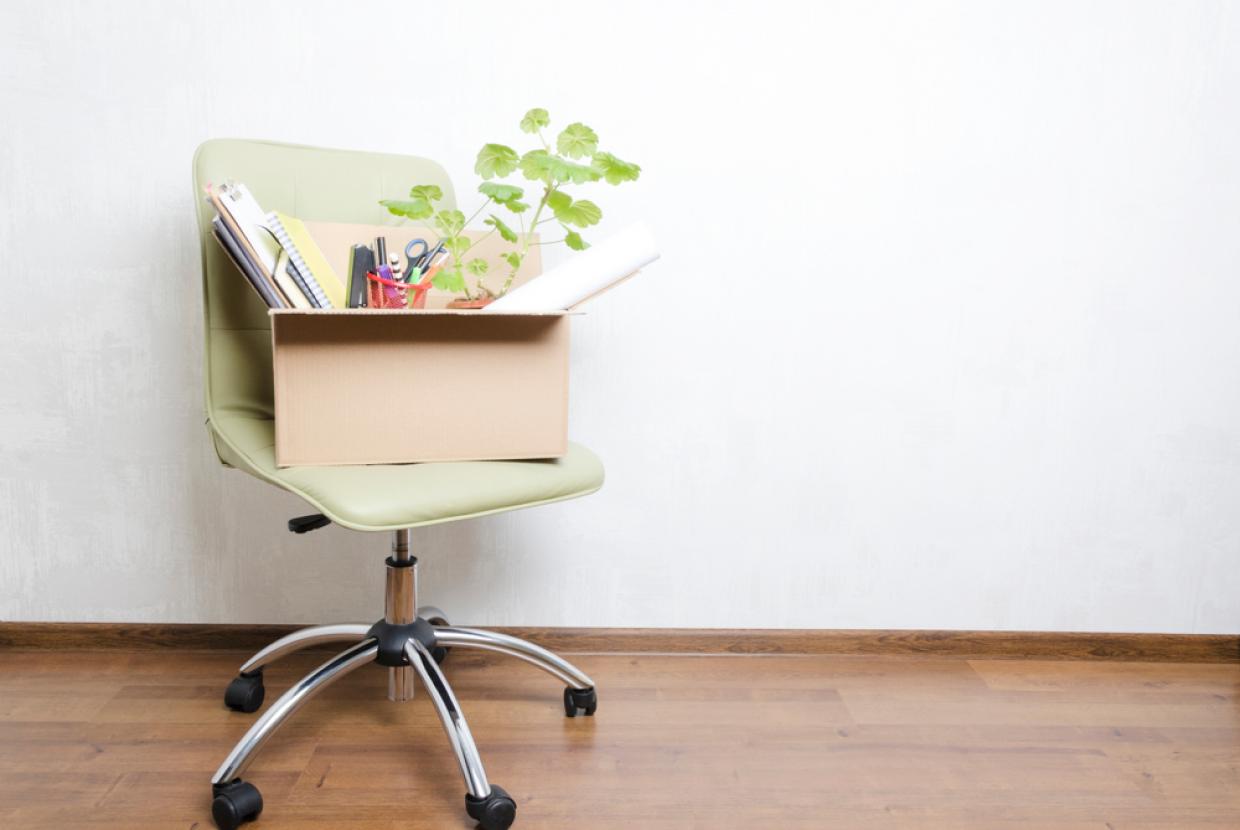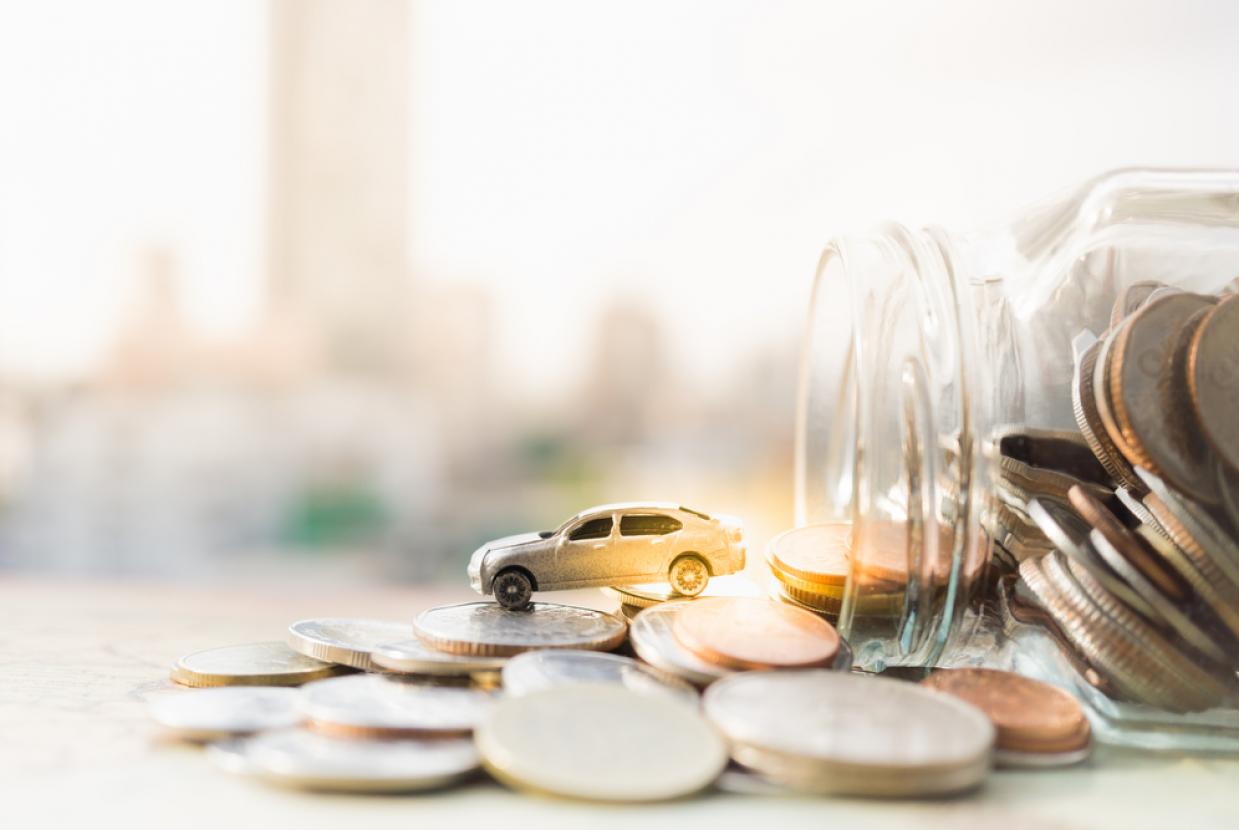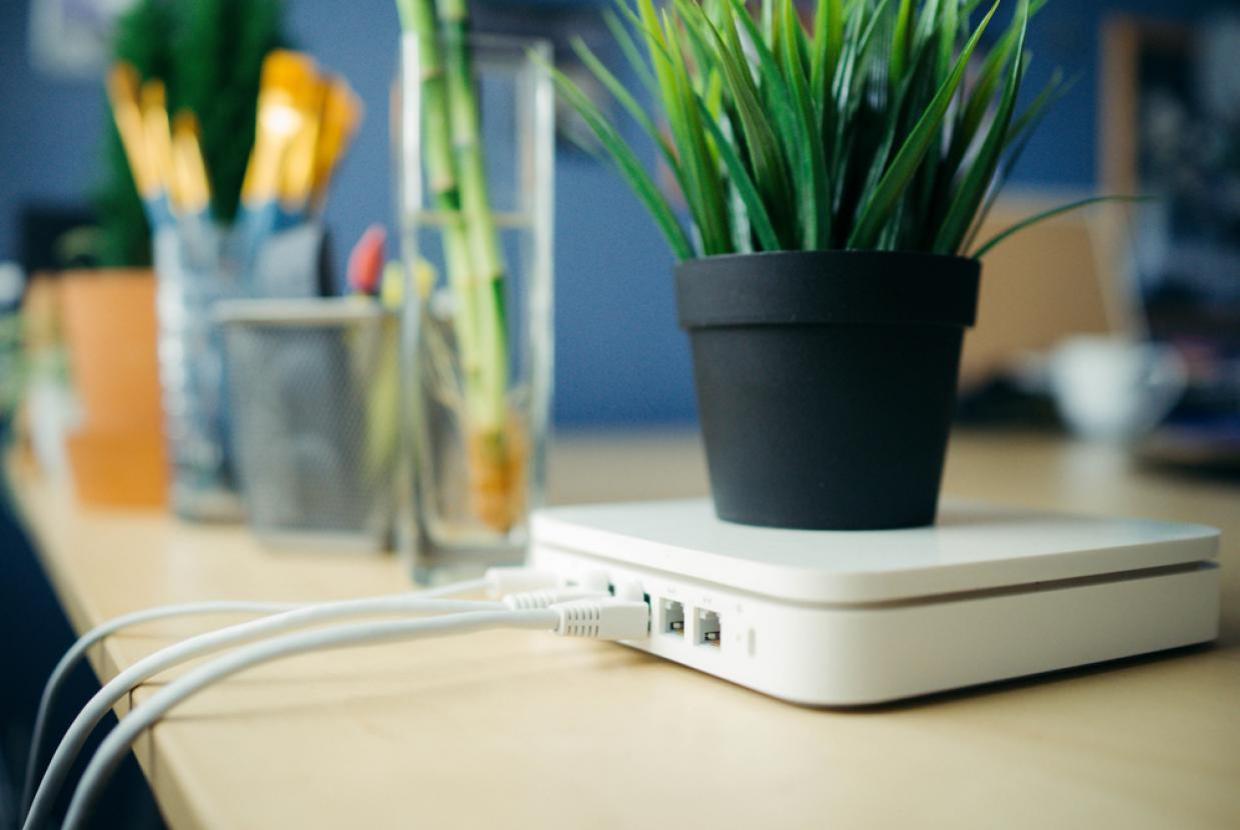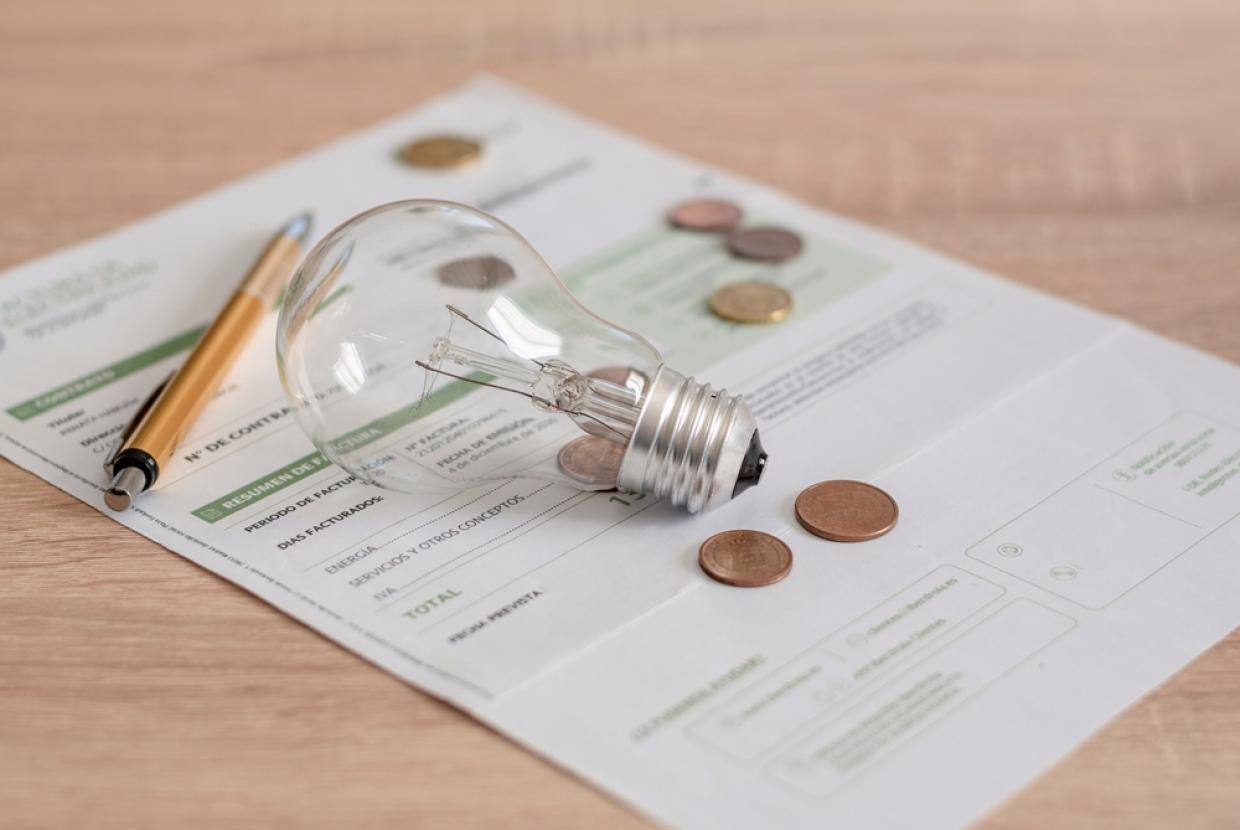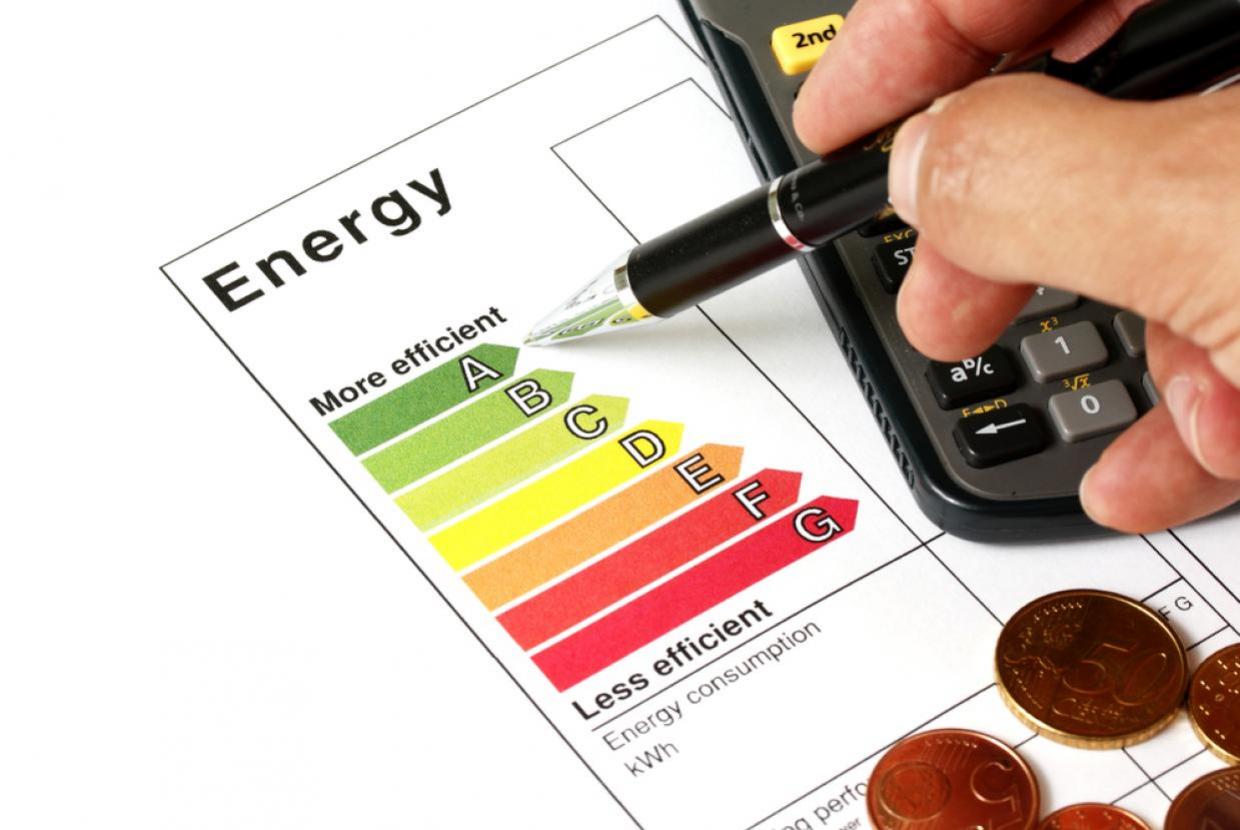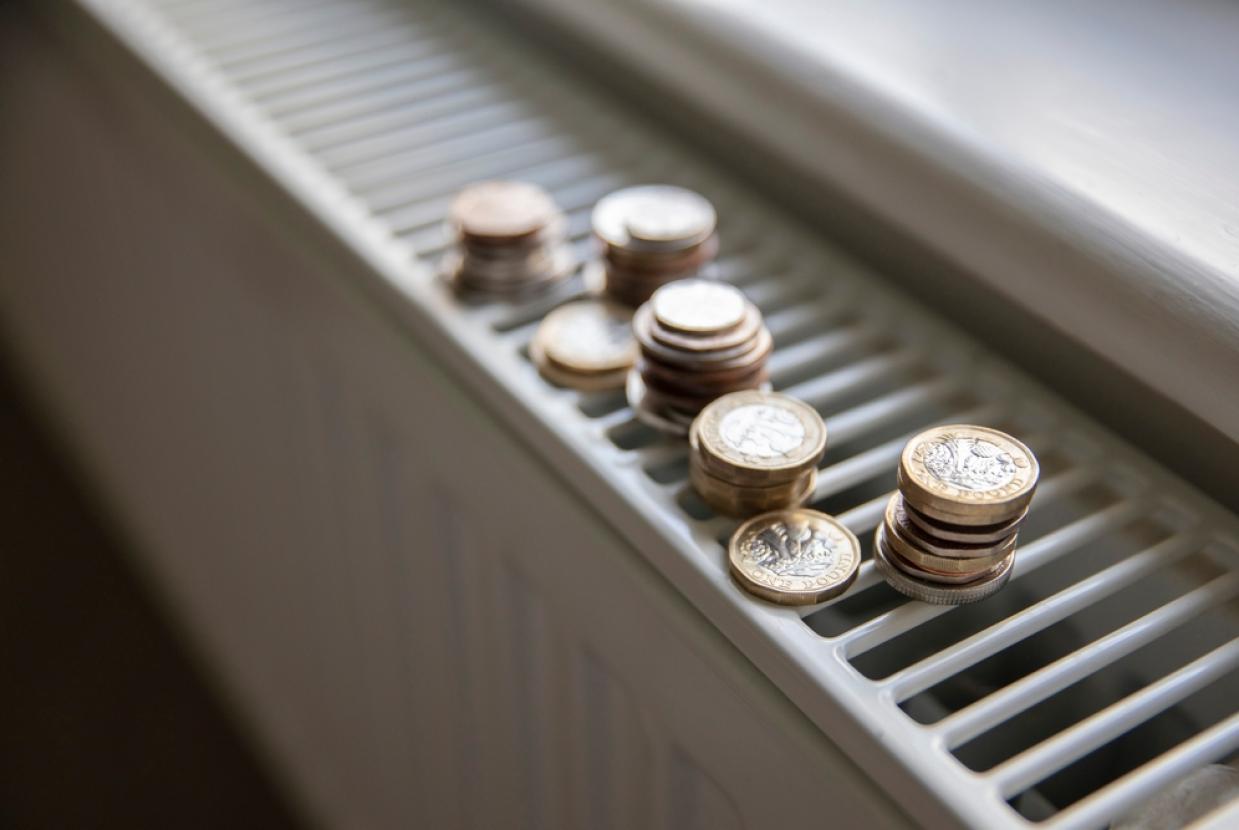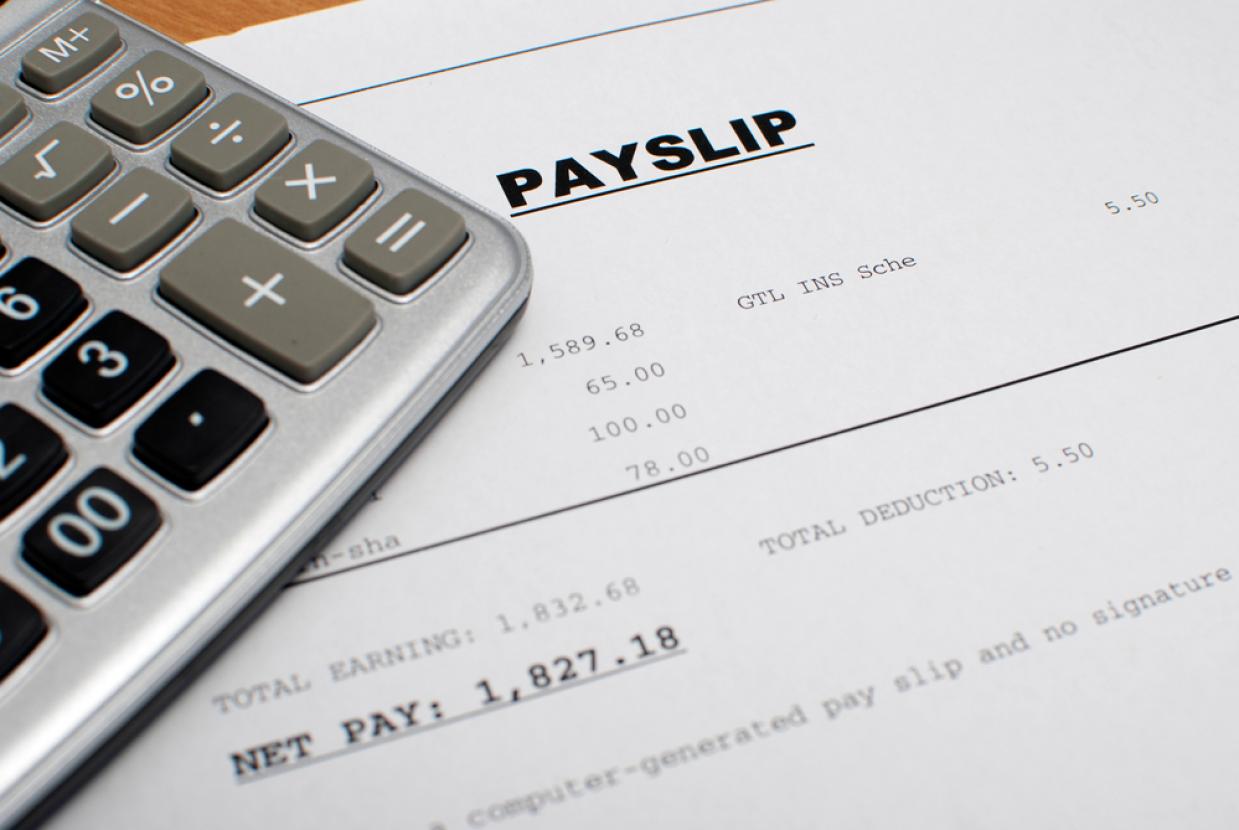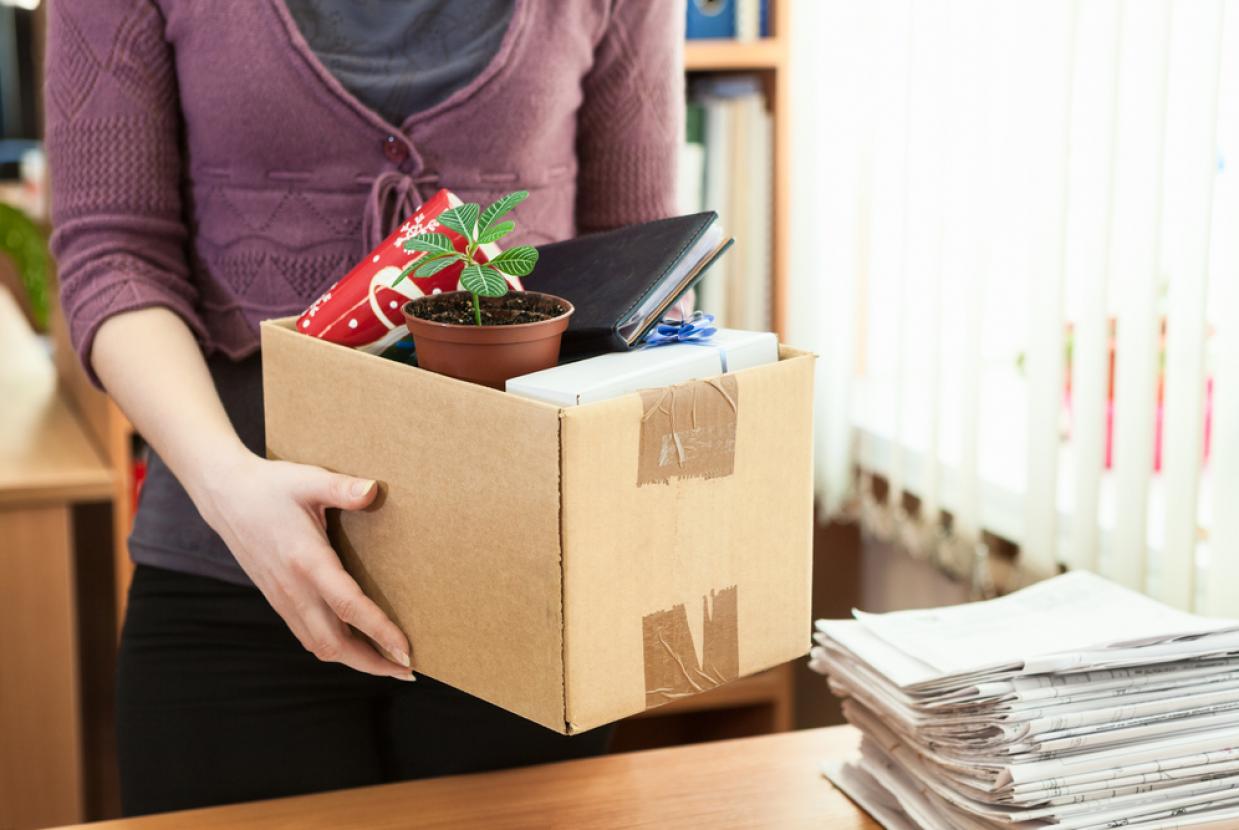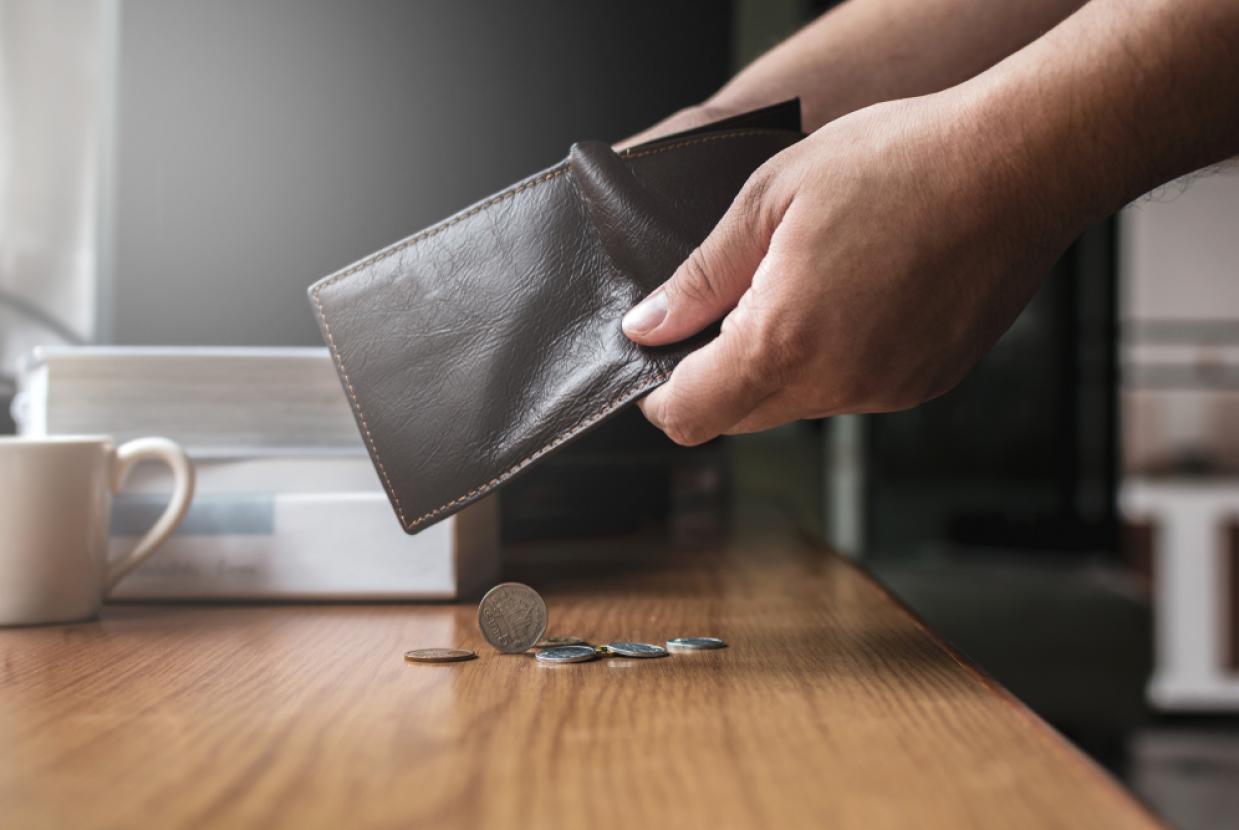Cut Down On Car & Travel Costs
Travel isn’t something you can avoid and buy later when you’ve saved up – we all need to get around. But if you’re clever about it, there are a lot of things you can do to save money.
Cut the cost of driving
The cost of running a car can increase when you factor in car depreciation. However there are many tips and tricks to help keep these costs down. For example, finding the cheapest fuel, using hidden MOT centres, and changing your driving habits to save on fuel (you can save up to 30% on fuel by doing this).
Shop around for cheaper car insurance
Use price comparison sites when buying car insurance. This will help you to get the best deal possible – while still getting the level of insurance cover that you need.
Bear in mind that a few insurers don’t let their products appear on comparison sites, so check their prices separately.
Breakdown cover
Breakdown cover can be a very good investment and is cheaper than having to get your car towed privately if you breakdown on a motorway.
However, you might be able to save money by getting an insurance policy with breakdown cover included. But you’ll need to carefully check the policy to find out what is and isn’t covered.
Car sharing
If you commute by car, consider sharing your journey and the cost with others on the same route. It’s simple if you can find workmates who live close to you. Some organisations and businesses can even arrange car sharing for their employees.
If you share the school run with other parents nearby, you could look at setting up an informal rota. Make sure you always confirm the time, date and price of your car share journey before the journey takes place.
If you’re the person driving, check with your insurance company:
- that you’re covered to carry passengers, and
- that your vehicle is insured for the number of passengers you’ll be taking. This is especially important if you have a vehicle with more than five seats.
There are also online services that will help match your journey with others. Remember though, your personal safety is the most important part of a car share arrangement.
Servicing
Getting your car regularly serviced can help identify and fix problems before they happen. A service might cost you around £125, but you might be able to find cheaper if you shop around. However, even a more expensive service will be cheaper than the cost of fixing a serious problem with your car.
Simple car DIY
Car maintenance can be one of the most expensive running costs. But there are some simple things you can do to save money.
Checking your oil and fluid levels regularly and topping up when necessary helps keep your car in good working order and avoid large bills from a mechanic.
Also check your tyre pressure – under-inflated tyres mean you’ll use more fuel. Other small issues, such as chips in the windscreen or damage to bodywork, can turn into larger problems in the future. So it’s often cheaper to deal with them when you first spot them.
Public transport
Public transport is likely to be cheaper than driving. However, there are still ways to save significant amounts of money – mainly by planning ahead.
Saving on train tickets
- Get a Railcard. You get a third off on many routes, so you might save £20 on a ticket that would have cost £60. You’ll often find that the cost of a Railcard pays for itself over one or two long trips. Apply for one on the Railcard website In Northern Ireland, go to the Translink website.
- Get a season ticket if you travel regularly.
- Always check for advance tickets. Some cheap advance tickets might still be available the day before you travel.
- Buy advance tickets. You can usually buy a ticket up to three months before you need to travel, and it’s often cheaper.
- Look out for special offers, discounts and deals. Look for cheap travel deals on the Money Saving Expert website.
- Split your ticket. For longer journeys, it’s sometimes cheaper to buy several tickets for different segments of the journey. But be aware that you must stop at each of the stations on your tickets.
- Think about going by coach instead. It usually takes longer, but if you have time, going by coach is often cheaper than making the same journey by train.
Go by bike
Travelling by bike is almost free – plus, it keeps you fit! If you don’t have a bike and are thinking about getting one to commute with, you might be able to benefit from a tax-free bike through the Cycle to Work scheme.
Wearing a helmet and using lights, even during the day, can give you some extra protection when cycling. But if you do get into an accident, think about how you’ll get legal support.
British Cycling membership will give you legal support if something happens, as will British Triathlon and some other memberships. You could also consider cycling insurance. It’s worth checking if your home insurance covers you and your bike, too!


